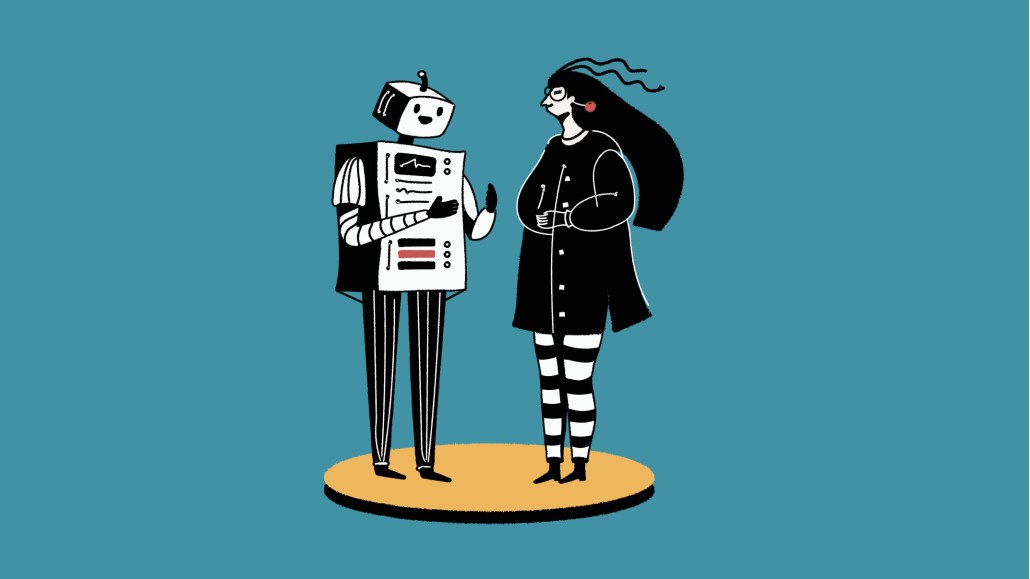Secure your place at the Digiday Publishing Summit in Vail, March 23-25

This article was first published by Digiday sibling WorkLife
When it comes to workforce AI readiness, the spectrum is broad. For all the employers that have pledged millions of dollars toward training their employees on — or at least encouraging them to experiment with — generative AI tools, a far larger number are still floundering with how to tackle this fast-moving tech.
Add in the numerous reports about AI anxiety among workers who don’t feel skilled in AI, which seem to surface every other week, and the future of work does appear unsettling.
But here’s a spoiler: You don’t need to be tech-savvy to improve your AI literacy.
“AI literacy is now a power skill — similar to critical thinking, problem solving or even data literacy,” said Jim Hemgen, talent development director at Booz Allen, the top AI provider for the federal government that employs over 33,000 people. “It [AI] needs to be embraced by the employees, even if their leadership is not there yet. They need to kind of get out in front on their own. And eventually, leadership does need to foster a culture of that kind of growth mindset.”
And grasping the basics doesn’t take weeks to learn, nor days, but hours. “In a low-code, no-code era, supporting people on their AI learning journeys doesn’t take more than eight to 10 hours to use the technology in an intermediate way and another 20 to 30 hours to develop advanced skills,” said Dr. Chris Brauer, director of innovation at Goldsmiths, University of London, where he teaches students to use AI, and chief innovation officer at London-based AI advisory and solutions firm Symmetry, where he delivers training and development curriculum for workforces.
“Imagination is the starting point for everything that was ever innovated, discovered and created in AI,” said Brauer. “And when are we most free and limitless in our imagination? Our childhoods. So we approach AI education, training and development through a similar lens where we encourage people to become ‘learn-it-alls’ as opposed to ‘know-it-alls.’”
To read the full article click here
More in Media

How creator talent agencies are evolving into multi-platform operators
The legacy agency model is being re-built from the ground up to better serve the maturing creator economy – here’s what that looks like.

Why more brands are rethinking influencer marketing with gamified micro-creator programs
Brands like Urban Outfitters and American Eagle are embracing a new, micro-creator-focused approach to influencer marketing. Why now?

WTF is pay per ‘demonstrated’ value in AI content licensing?
Publishers and tech companies are developing a “pay by demonstrated value” model in AI content licensing that ties compensation to usage.








